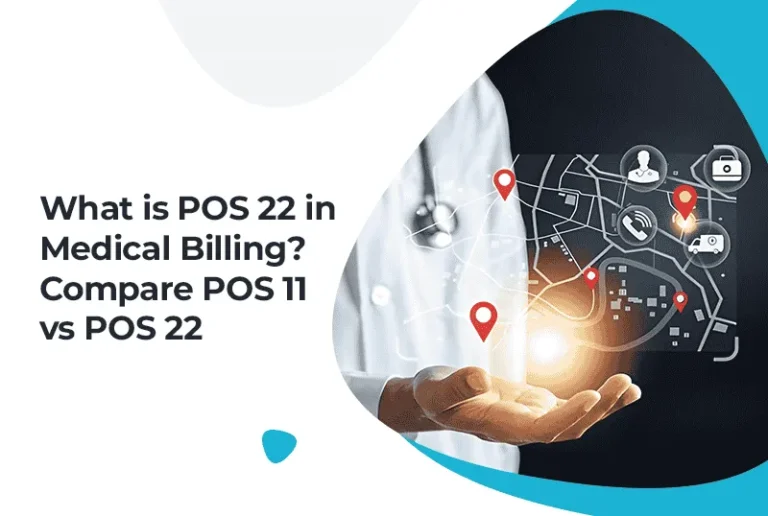Particularly when swallowing, have you ever found yourself wondering why your throat seems to be shutting up? It’s not only unpleasant; it also may indicate a major condition known as dysphagia. Starting with the difficulty swallowing ICD 10 code, healthcare professionals and billing teams should be aware of the correct coding for such situations. Many systems rely on a medical billing company to guarantee accurate and seamless processing of claims for dysphagia and related illnesses.
Let’s explore further what can be generating the constriction in your neck and appropriate coding techniques.
Understanding Difficulty Swallowing ICD 10 (Dysphagia)
Dysphagia refers to difficulty swallowing and is more common than you might think, especially among older adults and people with neurological conditions. The ICD 10 code for dysphagia is R13.10 for unspecified dysphagia, with other codes for specific types like oropharyngeal dysphagia (R13.12).
Key Dysphagia ICD 10 Codes:
- R13.10: Dysphagia, unspecified
- R13.11: Dysphagia, oral phase
- R13.12: Dysphagia, oropharyngeal phase
Proper coding starts with identifying the exact type of swallowing difficulty, another reason accurate diagnosis is critical for smooth insurance approvals.
Read More About: CAD ICD 10,
Why Does My Throat Feel Like It’s Closing Up?
Feeling like your throat is closing can be alarming. While dysphagia is a common cause, other potential reasons include:
- Gastroesophageal reflux disease (GERD)
- Anxiety or panic attacks
- Allergic reactions (anaphylaxis)
- Neurological conditions like stroke or Parkinson’s disease
GERD, in particular, can irritate the esophagus and create the sensation of tightness. Symptoms often worsen after eating or lying down.
If you’ve felt this way, you’re not alone — and it’s vital to see a healthcare provider for an accurate diagnosis and treatment plan. From a billing perspective, this is where Revenue Cycle Management becomes crucial. By ensuring accurate documentation and code assignment, RCM processes help practices get reimbursed promptly for treating these complex cases.
ICD 10 Code for GERD Unspecified
When GERD is diagnosed without specific details like esophagitis, you use the ICD 10 code K21.9, which represents “GERD without esophagitis.”
Quick GERD ICD 10 Codes Overview:
- K21.0: GERD with esophagitis
- K21.9: GERD without esophagitis
Accurate coding ensures payers understand what treatment the patient requires. Missteps can lead to claim denials, a headache no practice wants.
The Importance of Accurate Billing Coding
Accurate billing for dysphagia and GERD services hinges on precise medical billing and coding. Here’s why it matters:
- Compliance: Avoid audits and penalties.
- Faster Reimbursements: Get paid without lengthy delays.
- Improved Patient Care: Focus more time on patients, less on paperwork.
Coding errors can lead to claim denials or underpayments, costing your practice revenue and time. That’s why many clinics invest in certified coders or partner with experienced billing companies to ensure nothing slips through the cracks.
Conclusion
Both patient care and seamless practice operations depend on an awareness of the difficulty swallowing ICD 10 codes and knowledge of how to label GERD nonspecific. Whether your patient has dysphagia, GERD, or the sensation of their throat closing, accurate coding and solid billing systems guarantee patients receive the treatment they require — and your practice gets correctly compensated.
Correct information and systems will help you to reassure patients and maintain a seamless billing cycle.
FAQs
1. What is the ICD 10 code for difficulty swallowing?
The ICD 10 code for unspecified dysphagia is R13.10.
2. What could cause a feeling of throat tightness?
Common causes include dysphagia, GERD, allergies, and anxiety.
3. What is the ICD 10 code for GERD unspecified?
The ICD 10 code for GERD without esophagitis is K21.9.
4. Why is accurate coding important for GERD and dysphagia?
Precise coding ensures compliance, faster insurance payments, and avoids billing errors that could delay care.







